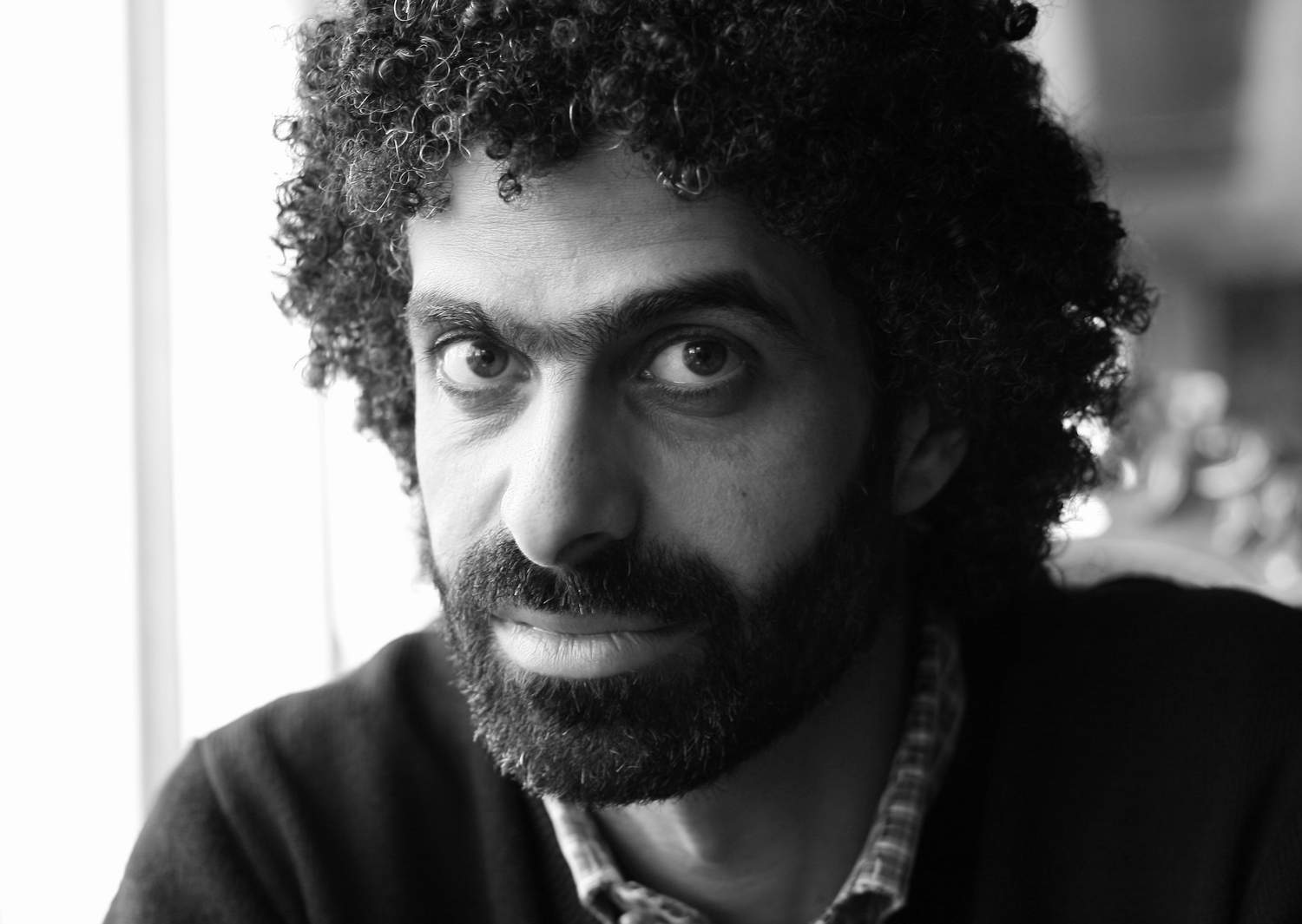By Philip Whitfield
CAIRO: Famously, Field Marshall Montgomery, who turned World War II on its head defeating the Desert Fox, Erwin Rommel in Egypt, described leadership as the capacity and the will to rally men and women to a common purpose and the character that inspires confidence.
A study unearths the qualities. Three different types of leaders were assigned to work with groups of children. The first leader was authoritarian. He gave orders to the group, but remained aloof from its activities. The second leader was democratic. He offered guidance and encouragement and joined in with its activities.
The third leader adopted a laissez-faire approach. Although he supplied knowledge to the group, he did not involve himself emotionally with either its activities or its results.
The authoritarian-led group won on quantity. The democratic leader produced the highest quality. The easygoing group was the most satisfied.
What might that tell us about Egypt’s next president? He’ll win the popularity stakes and be a huge disappointment, failing to rouse the nation to work harder or improve quality.
Though there remains a week or so for someone to emerge that could galvanize the populace it appears unlikely. Egypt’s 5,000-year-old heritage seems destined to fall into the lap of a political midget.
How is it that so few leaders are emerging? Nasser had vision. Whatever you thought of Sadat, he led from the front and made no bones of his desire for peace in the region. Mubarak? He stole the show.
Missing is someone who can define a worthy national objective that excites people, rekindling hope and justifying the turmoil.
The presidency is more than a political tussle between competing parties. The person who assumes the role has to suture the wounds and mend the scars that discolor the relationship between civilians and the militia.
Is that person going to be another autocrat, a military mind brainwashed to follow orders whatever they are, defining cold missions such as numbers of houses and schools to be built?
Or, as looks increasingly likely, is the president harboring an ultra-conservative Islamist agenda? The Commission on International Religious Freedom says Egypt’s transition government has engaged continuously in and tolerated systematic, ongoing and egregious violations of freedom of thought, conscience and religion or belief. The next president’s vision needs to define the Egypt to be, not the Egypt atrophied in its past.
Egypt needs growth, needs jobs, needs tourists and needs investment, says Simon Williams, chief economist at HSBC Middle East. This is an extremely difficult set of economic challenges for anyone to manage, let alone a newly elected post- revolutionary government facing high expectations.
Nowadays both the military and business around the world decry the adage that people are born leaders. Leaders are developed.
Asked where his leadership skills came from, President Obama said his grandmother was his teacher. Something had to be driving you…maybe you’ve got something to prove, he said, citing his father’s example that motivated him: leaving Kenya to study and go to Harvard.
Global companies are founded on exceptional training programs, focused on finding and supporting leaders. GE spends $1billion a year on training, much of it on its own elite management college.
Jack Welch and A.G. Lafley, former bosses of GE and Procter & Gamble, claimed they spent 40 percent of their time on personnel. Andy Grove, who ran Intel obliged all senior people, including himself, to spend at least a week a year teaching high-flyers.
Their obsession with talent has served the likes of GE and P&G well. They have trained enough leaders for themselves with plenty to spare. P&G’s alumni include Steve Ballmer, Microsoft’s boss; Meg Whitman, formerly of e-Bay; Scott Cook, Intuit) and Jim McNerney, Boeing.
Egypt could learn a lot from such talent masters.
Dr. Joseph Nye, who has been a US Assistant Secretary of Defense, Under Secretary of State, and Chairman of the National Intelligence Council, and professor and dean at Harvard’s JFK School of Government, has recently begun teaching Leadership. He says almost anyone can become a leader. Leadership can be learned. It depends on nature as well as nurture.
To summarize a complex argument, but one that needs understanding in the Middle East and in Egypt in particular, Dr. Nye says the West has come to the conclusion that 10 years of counterinsurgency and nation building is a very labor intensive and lengthy process. It is particularly difficult when the outside power is not welcome among a nationalistic and awakened population, he says.
He advocates waiting to be invited to help to transfer knowledge and to accept that nation states such as Egypt can no longer find their way alone. The Internet and instant communications have brought new actors, some subversive, to center stage.
Small groups can destabilize and cause countries to be disrupted for years on end. The subversives become leaders and opinion formers, masters of sophisticated communications that outsmart elected leaders who lack comparable skills.
Is the Egyptian presidential line-up up to snuff? Can the candidates rise above online clatter? Egypt faces acute problems of budget deficits, national debt, unemployment and underemployment and chronically poor education for most. What’s the plan? What’s the message?
Overhauling the security apparatus and finding a role for the military in the new Egypt are 21st century problems that can’t be resolved with an archaic blunderbuss mentality. If the power vacuum continues, Egypt’s revolution could descend into the quagmire that’s Libya today — a leaderless maundering, murderous mayhem.
Neither SCAF nor their cabinet demonstrate the art of getting someone else to do something you want done because he wants to do it, as President Dwight D. Eisenhower put it. So their candidates for the presidency are invalid.
At a time of great revolutionary turmoil in France, a little-known politician and lawyer, Alexandre Ledru-Rollin (1807–1874) distinguished himself as a great leader of the working people.
What was his campaign slogan? There go the people. I must follow them for I am their leader, he said.
And he did, very successfully.
Philip Whitfield is a Cairo commentator.

